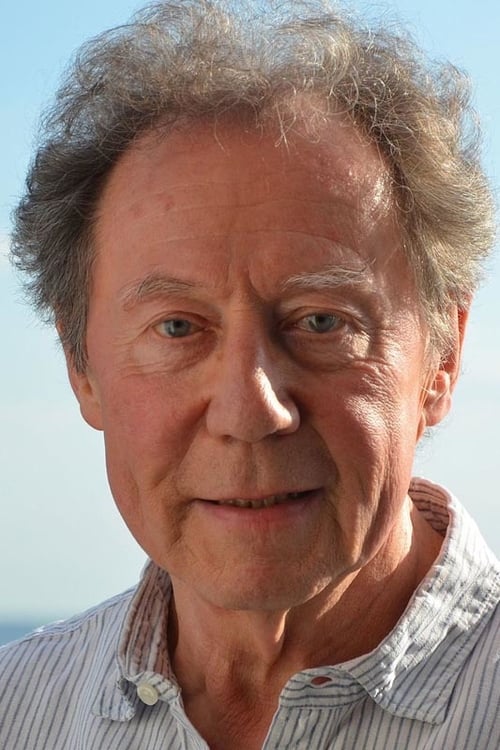Holy Diplomacy: The Secret Power of the Vatican (2018)
Gênero : Documentário
Runtime : 0M
Director : Constance Colonna-Cesari
Sinopse
This documentary takes us behind the scenes of the Holy See and lifts the veil on the secret diplomacy of Pope Francis, the first Latin American and the first Jesuit to lead the Roman Catholic Church.
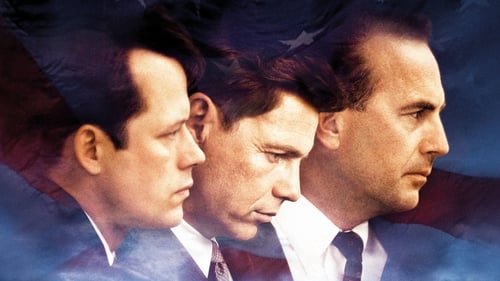
Durante treze extraordinários dias em outubro de 1962, o mundo esteve à beira de uma verdadeira catástrofe. Todo o planeta aguardava com ansiedade o desfecho do confronto político-militar entre Estados Unidos e União Soviética em razão da instalação de mísseis antiaéreos soviéticos em Cuba. O confronto foi tão sério que quase provocou uma guerra nuclear entre as duas potências, o que poderia ter destruído toda a humanidade. O alarmante desenvolvimento dos eventos ocorridos durante esses treze dias envolveu um número enorme de políticos, militares e gente influente que temiam uma invasão russa através do estabelecimento da base militar em Cuba. A ação se passa quase que em sua totalidade dentro da Casa Branca, onde discussões acaloradas e intermináveis sobre como encaminhar a questão do armamento de Cuba com o então poderoso governo da União Soviética consumiam os dias dos políticos e, principalmente, do presidente e seus dois fiéis confidentes e amigos.
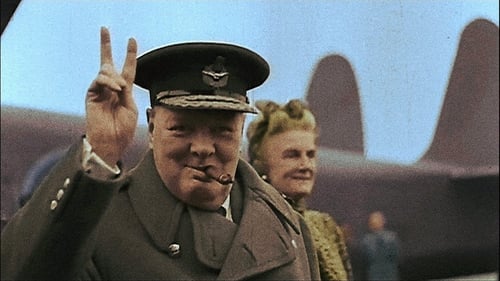
A new look at the public and private life of one of the most important statesmen in the history of Europe: Winston Churchill (1874-1965), soldier, politician, writer, painter, leader of his country in the darkest hours, winner of the Nobel Prize in Literature, a myth, a giant of the 20th century.

Russian President Vladimir Putin was one of the first politicians to congratulate Donald Trump on his election as president of the United States in 2016, but over time the relationship between the two heads of state has had its ups and downs. Are they friends or enemies? Has their mutual admiration turned into mutual distrust?

Em 1918, a baiana Maria José Rebello, que viria a se tornar a primeira diplomata brasileira, solicitou inscrição no concurso de admissão à carreira. O fato, inusitado para a época- uma mulher prestar concurso, e ademais para o Ministério das Relações Exteriores - galvanizou a sociedade e acabou por estabelecer o precedente que possibilitou o acesso das brasileiras aos cargos públicos.

Ambassade questions the role of diplomatic relations and territorial representation. Through the prism of the American hostage crisis in Iran between 1979 and 1981, this film focuses on Switzerland’s role as an intermediary in resolving this international conflict. Pascal Décosterd was a young Swiss diplomat sent to Tehran in 1979. Today, recently retired, he is embarking on a journey to try to understand the events of which he was one of the actors. Flavio Meroni was number 2 of the Swiss Embassy in Iran, today he is writing a book on negotiations to free the hostages. In their company we visit places in the United States, Iran and Switzerland, we meet the protagonists and retrace the different stages of these three years that shaped a new global balance. Behind the scenes of these events, where small and great history mingle, Ambassade offers insights into the importance of the human being at the heart of major diplomatic mechanisms.

'History is always made in the middle of the night. And when it happens, you are so damned tired, that you couldn't care less,' says Robert Cooper, an EU peace negotiator whose job it is to get Serbia and Kosovo to reach an agreement about peaceful coexistence. National pride and compromise are on everyone's lips, and much is at stake: Kosovo wants to come closer to independence, the Serbs have been promised EU membership if they can reach an agreement, and the EU tries to strengthen its credibility. But how far is each party willing to go? It is the unique characters that make this fascinating film about a delicate political game so vivid and loveable. The stoic, Serbian negotiator has a great passion for rock music, his colleague from Kosovo does not want to miss out on his daily visit to the hairdresser, and Cooper himself has a closet full of ties - one for every conceivable occasion.

Based on a true story, James Coburn portrays a military lawyer assigned to defend a confessed psychotic killer. Set in the context of WWII and the uneasy US-Australian military alliance. The accused killer claims to have killed 3 women in order to possess their voices. Despite the defense lawyer's concerns that the killer is not fit to stand trial, the US military presses forward with the case and its desire to have the killer executed in order to strengthen the shaky alliance.

Young and active nationalist Aleksander Kesküla makes up his mind to use Lenin, the Bolsheviks' leader, in order to start a revolution in Russia with German money and create a new national state of Estonia in the north-east of Russia. For security reasons, five doubles will be found and trained for Lenin. All of them are finally sent to Russia to instigate the revolution. How will the real Lenin put up with all this?
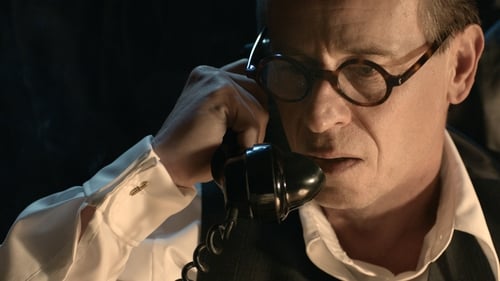
In 1939, Czech diplomat Jan Masaryk flees to the United States to escape his recent past: Germany has invaded Czechoslovakia and he is now a man with no nation; because, as the Czechoslovak ambassador in London, he failed to win the support of the British and could not avert the fall of his country and the outbreak of the World War II.

The Flemish painter, humanist and diplomat Peter Paul Rubens (1577-1640) was fortunate to be recognized during his lifetime as an artist of genius and one of the most prolific among his peers, making him a key figure of the Baroque.
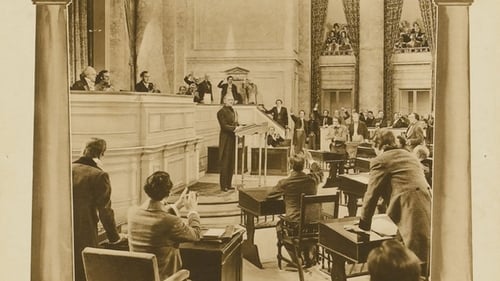
The story of President Monroe's response to attempts by Spain to interfere in South America.



